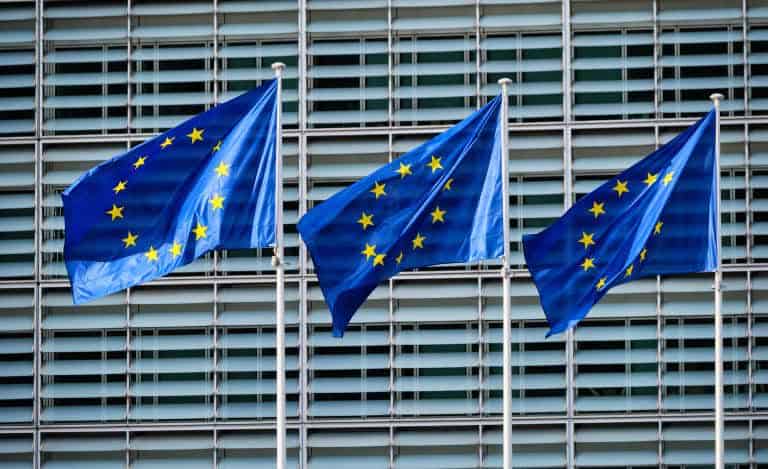
Gambling organisations show their support for the Digital Services Act in the EU
Some major gambling organisations across Europe have now announced their strong support for compliance with the Digital Services Act (also known as the Digital Services Act or DSA) within the European Union (EU) with the aim of ensuring higher consumer gambling protection at all active gambling sites (online casinos and digital sportsbooks) operating within the EU.
At the same time, the idea behind the Digital Services Act is to also combat illegal gambling in the EU by cracking down on such illegal sites directly or indirectly by targeting companies that may be cooperating with them and getting them to stop doing so. Examples of this are various payment methods that offer their payment solutions at non-permitted sites, which can then be fined by EU countries if they continue to process transactions at these illegal gambling sites.
Some of the various gambling organizations that have shown their support include the European Casino Association (ECA) and European Lotteries (EL), which in turn have formed the so – called Alliance Against Illegal Gambling (AAIG-en. Alliance Against Illegal Gambling). The latter is intended to support what was said was the Digital Service Act. This is intended to interact with other applicable laws such as the Digital Markets Act.
The members of the newly formed AAIG said they want to stop unlicensed gambling operators from operating in the EU because they do not pay profit tax which in turn creates an unfair competitive market and they take zero responsibility for the possible players who suffer from gambling addiction or similar problematic gambling patterns and/or gambling habits.
Lathund: this is the law on digital services
With regard to the Digital Services Act, with which AAIG will interact, among other things, it is about helping to promote growth, innovation and competitiveness within the EU among the different member states.
Some things that it is supposed to improve include the following to simplify and shorten the whole thing immensely:
- Increase the so-called Consumer player protection so that when something steams or when any player is unfairly treated by a gambling site, they will be able to get the help they are entitled to.
- Make the gaming market more open where transparency also means a greater responsibility for internet platforms-including online casinos and betting sites-to take their responsibility to be open with data they collect (in the context of the GDPR), how they treat their visitors/customers, and more, so that they can be held accountable when they do not do so.
- Strengthen the online market by promoting innovation and growth so that competitiveness is strong, stable and long-lasting. In other words, small as well as large players should be able to intervene without being outcompeted by cartel formations and/or illegal competition.